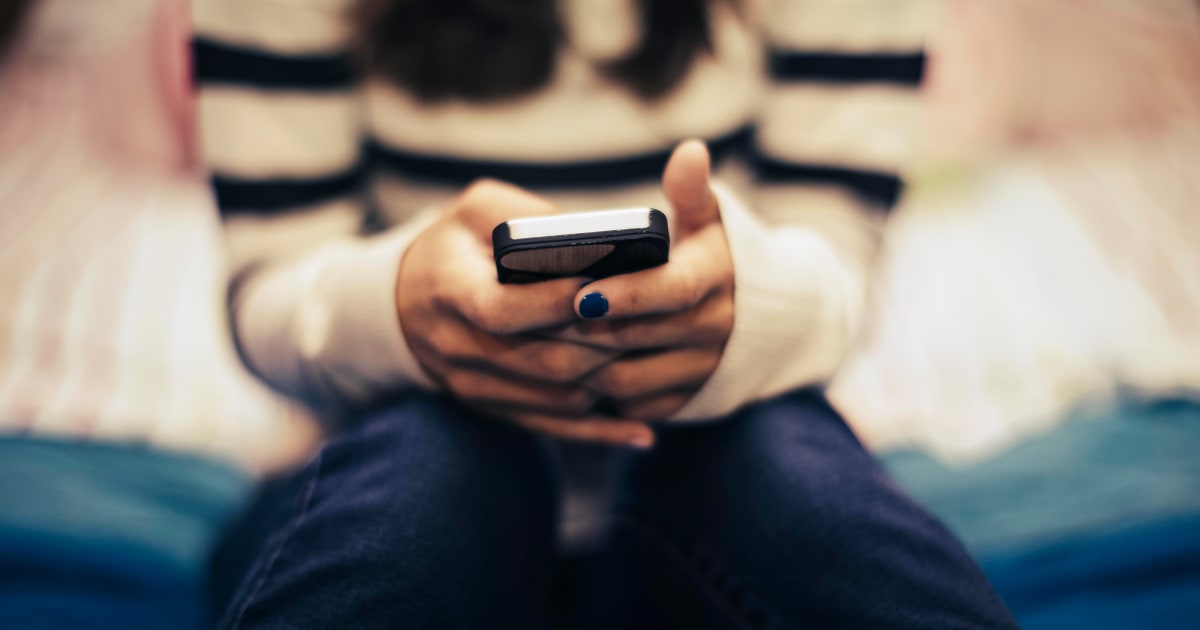Australia passes landmark social media ban for children under 16

- by Admin
- November 28, 2024

Australian lawmakers on Thursday approved a landmark ban on social media for children under 16, in some of the world’s toughest such controls.
The ban, which aims to address the impact of excessive social media use on children’s physical and mental health, affects social media platforms including X, Facebook, Instagram, TikTok, Snapchat and Reddit, but not YouTube.
The platforms, which bear sole responsibility for enforcement, have one year to figure out how to implement the age limit, which is the highest set by any country. If there are systemic failures to keep children from having accounts, the platforms are liable for fines of up to 50 million Australian dollars ($33 million).
Senators debated the legislation late into the night on the last day of their parliamentary session, which Prime Minister Anthony Albanese’s center-left Labor government had targeted as the deadline for it to pass. The bill, which is also largely supported by the opposition Liberal party, passed the Australian House of Representatives on Wednesday by a vote of 102 to 13.
Supporters of the ban have cited the effect of harmful depictions of body image on girls and the effect of misogynistic content on boys. Its passage comes after a series of Australian teenagers died by suicide over what their families said was online bullying.
“The basis for this is that there is a feeling amongst the majority of Australians that social media does more harm than good,” said Rob Nicholls, a senior research associate in the Department of Media and Communication at the University of Sydney.
A YouGov poll released Tuesday found that 77% of Australians support the ban, up from 61% in August.
Other countries have tried to impose limits on social media for children, including the United States, which requires technology companies to obtain parental consent to collect data from children under 13. But the Australian proposal goes further, with no exemptions for parental consent or pre-existing accounts.
Opponents have criticized the Australian ban as too blunt an instrument and said its passage was too rushed.
The bill, which was introduced in Parliament last week, allowed for only one day to submit opinions on it. Sen. Matt Canavan, who opposed the bill, said there had been 15,000 submissions on it during the one-day period and that lawmakers had been able to review only a fraction of them.
“This is a highly emotional issue and there is an understandable demand for politicians to be seen to be ‘doing something’ about it. Yet it is also a highly complex area that should be examined carefully not in the hasty fashion that has beset this process,” he said Tuesday in a dissent that was published as part of a Senate committee report.
Google and Meta, which owns Facebook and Instagram, on Tuesday had urged Australia to delay the legislation’s passage, saying more time was needed to assess the potential impact of the ban. ByteDance, the Chinese company that owns TikTok, also said more consultation was needed.
Elon Musk, the owner of X, blasted the ban last week as “a backdoor way to control access to the Internet by all Australians.”
Officials plan to enforce the age cut-off by trialing an age-verification system that could include biometrics or government identification, which no other country has tried, raising privacy concerns.
An Australian Senate committee signed off on the legislation late Tuesday but said social media platforms should find “alternative methods for assuring age” rather than forcing users to submit personal information such as their passports or other digital identification.
Nicholls said the social media platforms would also be fined for failing to destroy personal information as soon as possible after verifying the age of users.
Outside the legislature, the ban has come under heavy scrutiny from parents and scholars who say that social media can be a crucial source of support for young people, especially those who feel marginalized.
“Social media provides vital connections for many young Australians, allowing them to access mental health resources, peer support networks, and a sense of community,” Christopher Stone, executive director of Suicide Prevention Australia, said Wednesday. “Cutting off this access risks exacerbating feelings of loneliness and isolation.”
The Australian government has said it will ensure that young people have continued access to messaging apps such as WhatsApp, online gaming platforms such as Roblox and essential services related to health and education.
“Young people, and in particular diverse cohorts, must be at the center of the conversation as an age restriction is implemented to ensure there are constructive pathways for connection,” Sen. Karen Grogan, chair of the Senate committee on environment and communications legislation, said in its report.
So far the government has not done enough to consult with young people, for whom social media is part of their daily lives, said Leo Puglisi, 17.
“This is a government that is obviously not made up of teenagers, but it’s making law about social media when they didn’t grow up in the social media age,” said Puglisi, the founder and chief anchor of 6 News Australia, a streaming news channel based in Melbourne that is majority-run by high schoolers.
He said that while he is beyond the age cut-off, the ban would affect his audience as well as the ability of some of the journalists on his team to do their work.
In addition, he said, “there is certainly a possibility that every single Australian would need to use some form of ID to have social media. So in reality it would affect me, it would affect absolutely everyone.”
Daniel Angus, a professor of digital communication at the Queensland University of Technology, said the bill was “illogical and uninformed” and lacked critical details on how it will be implemented.
The potential harms of social media cited by the government are not sufficiently supported by high-quality research, Angus told NBC News in an email, noting that children who are disadvantaged, live in rural areas or are from minority groups rely on social media for community, education and advocacy.
“By imposing a blanket ban, the government overlooks these essential and diverse experiences, thereby exacerbating existing inequalities,” he said.
He also noted that the exclusion from the ban of anonymous or web-based platforms such as 4chan “paradoxically leaves young people vulnerable to some of the most harmful digital environments.”
The Heads Up Alliance, a grassroots collective of Australian parents seeking more restrictions on children’s use of social media, said the bill was “deficient,” giving it a grade of D+.
The group said the ban would do nothing to address bullying on messaging apps, which also have “highly addictive” features.
“These features are likely to end up resulting in the very downsides we are trying to avoid for our children: preoccupation with devices, less sleep, less nature, less sport, less real-life friendships, less concentration, exposure to sexualized content,” the organization said in a statement.
Exposure to sexual predators “will also remain a real risk” on online gaming platforms and messaging apps, where many children banned from other social media are likely to migrate, the group said, adding: “Our children will be jumping from the frypan into the fire.”
The Latest News
-
December 23, 2024TaylorMade drops Hall-of-Fame Christmas posters starring Tiger Woods, Rory McIlroy and Nelly Korda – Australian Golf Digest
-
December 23, 2024Here’s why Golf Twitter lost its damn mind over Team Langer’s PNC victory – Australian Golf Digest
-
December 23, 2024Social Media Ban in Australia: What Online Casinos Can Learn on Responsible Gambling Practices? – Insights from CasinoAus
-
December 23, 2024From smaller homes to screen time, backyard cricket is facing challenges in modern Australia
-
December 23, 2024This quiet Canadian will make you love YouTube golf again – Australian Golf Digest




